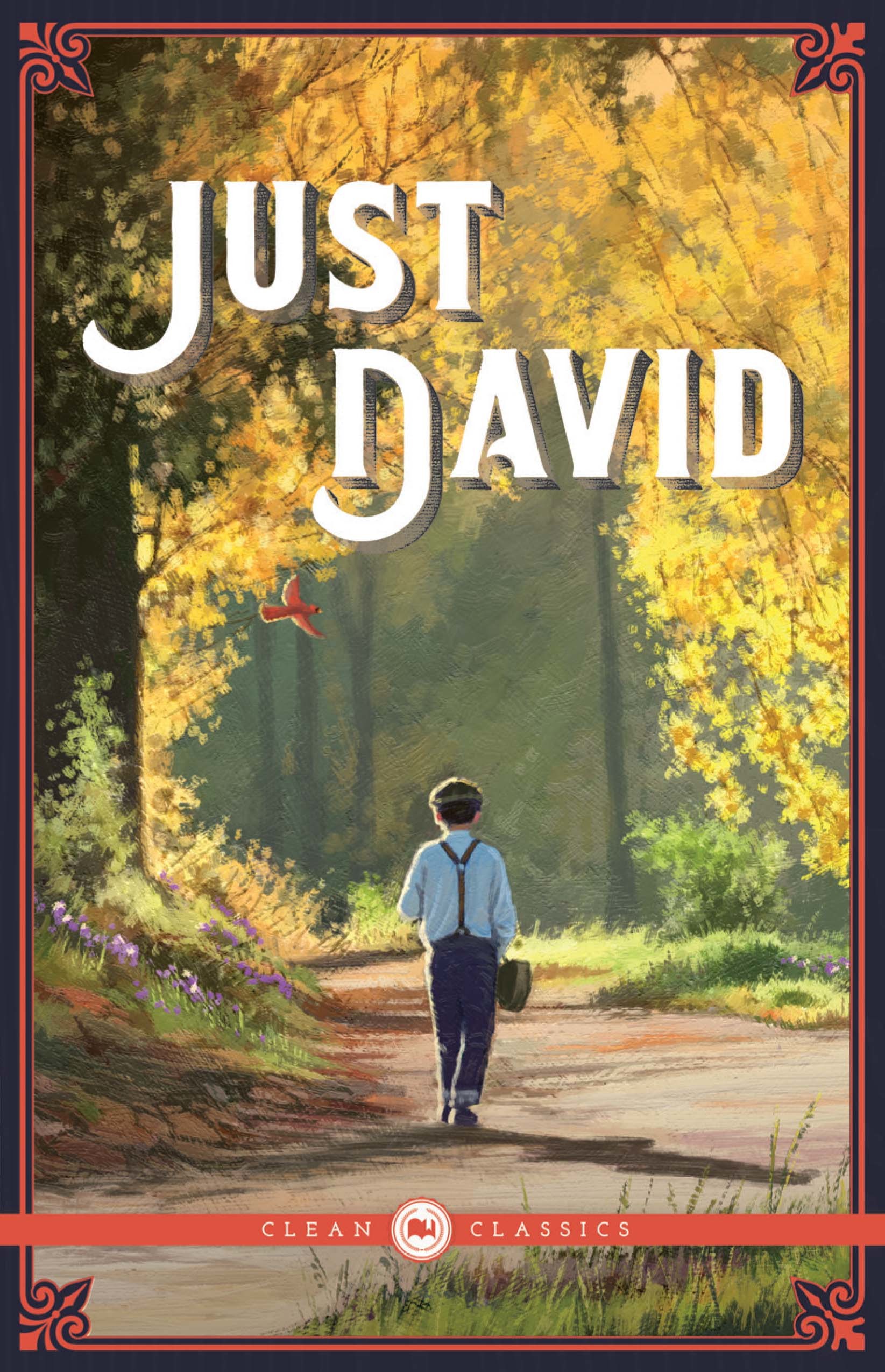A Story Remodeled
byA Story Remodeled begins with a simple request but gradually unfolds into a thoughtful reflection on how stories mirror our inner hopes and regrets. Miss Holbrook, with gentle clarity, entrusts David to pass along her thoughts about a tale dear to both her and Mr. Jack. While David enjoys the festive excitement of Halloween, he doesn’t forget her message, sensing its deeper importance. When Mr. Jack hears it, he is drawn in by more than curiosity—it awakens a personal connection to the story’s meaning. Miss Holbrook does not merely critique a tale; she questions the assumptions behind its ending. For her, the Princess’s supposed contentment is a mask, hiding a longing for something real, something lost. Her view doesn’t aim to rewrite fantasy—it hopes to make it more human.
Miss Holbrook’s objection to calling the character a “Pauper” is not about word choice alone—it’s a protest against how people are misunderstood. She suggests that true richness lies not in gold or gowns, but in closeness, warmth, and shared laughter from simpler times. In her version, the Princess regrets the distance that wealth created, aching not for grandeur but for honesty and love. This reimagined ending is more than sentimental—it’s a mirror held to her own soul. Listeners, both within the story and reading it, begin to understand that storytelling is not about right or wrong conclusions but about resonating truths. By reframing the characters’ desires, Miss Holbrook reframes her own emotional landscape. Her perspective reflects a quiet courage to admit that what we long for is often what we once took for granted.
Through this soft yet significant moment, the chapter emphasizes that stories, much like life, are shaped by who tells them and why. Miss Holbrook’s retelling reveals a deeper interpretation that stems from personal growth and missed connections. Mr. Jack, receiving her thoughts through David, begins to reconsider the conclusion he once confidently penned. There’s no conflict here, only recognition—that stories must evolve when hearts do. As readers, we’re reminded that even familiar tales can be reborn when viewed through new eyes. Miss Holbrook’s insight becomes an invitation to re-examine our endings, both imagined and lived. This reflection gently nudges us to ask: are we content with the tales we’ve written for ourselves?
David, though young, acts as the bridge that allows two adults to revisit feelings long buried beneath custom and silence. His sincerity and trust in the power of messages give voice to truths that may otherwise remain unspoken. In this way, he becomes a quiet architect of change, not through persuasion but by letting others speak through him. The beauty of his role lies in its simplicity—he listens, remembers, and shares. These actions, while small, carry weight. They remind us that communication isn’t just about words but the courage to deliver them honestly. This chapter illustrates how storytelling—when nurtured with compassion and re-examined with openness—can become a path to healing, clarity, and even renewed connection.
Beneath the discussion of fables and endings lies an unspoken question: What do we do when real life doesn’t match the fairy tale? For Miss Holbrook and Mr. Jack, the tale of the Princess and the Pauper isn’t only fiction—it echoes choices, distances, and emotions left unresolved. Through her reinterpretation, Miss Holbrook hints at the kind of ending she still hopes is possible—one where reconciliation and understanding replace regret. Mr. Jack, touched by this vulnerability, begins to see that endings can be rewritten, not just in books, but in life too. It’s a moment of quiet realization that people, like stories, are rarely final drafts. Sometimes, all that’s needed is a reason to believe that it’s not too late to change the narrative.
By exploring this moment in their lives, the story doesn’t merely resolve a fictional plot—it deepens our understanding of how real human connections are made and remade. The chapter gives us permission to look back, reconsider, and reimagine the stories we carry. It is a gentle affirmation that even when life doesn’t turn out exactly as hoped, there’s beauty in finding the courage to reshape it. Through David’s unassuming role, the chapter captures the emotional growth of those around him. As with many moments in Just David, the music of life plays softly, but its echoes last long.

